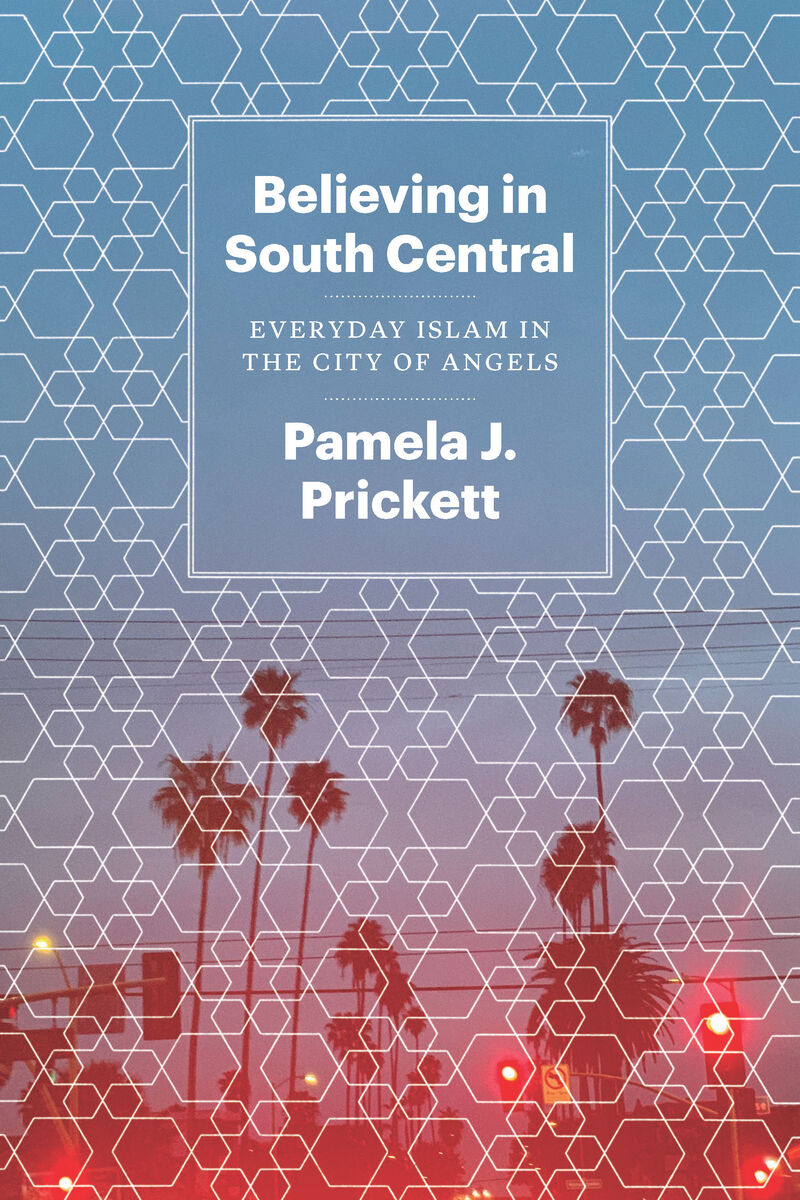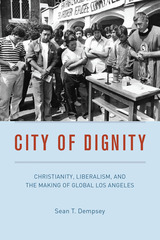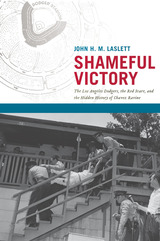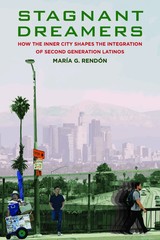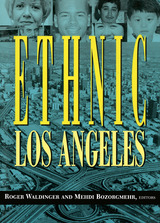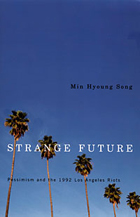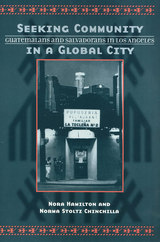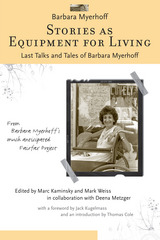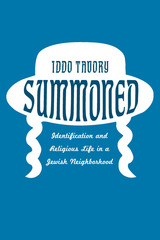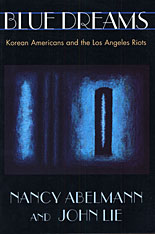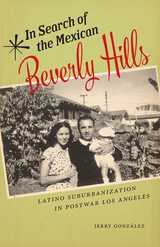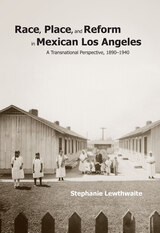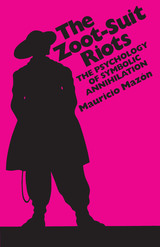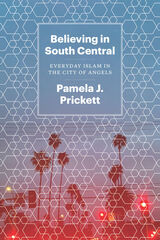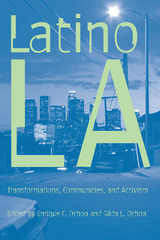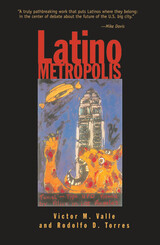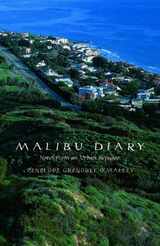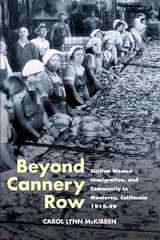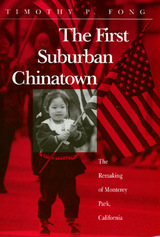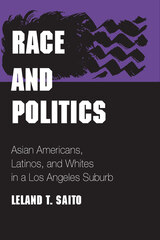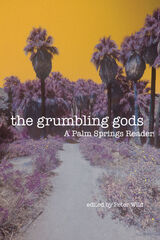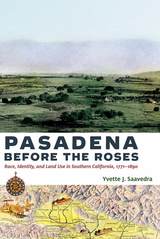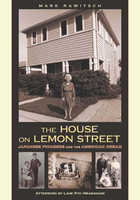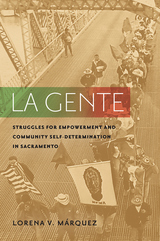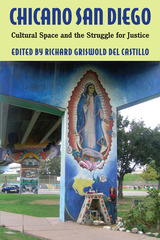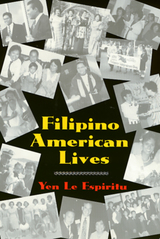Believing in South Central: Everyday Islam in the City of Angels
University of Chicago Press, 2021
Cloth: 978-0-226-74714-9 | Paper: 978-0-226-74728-6 | eISBN: 978-0-226-74731-6
Library of Congress Classification F869.L89N365 2020
Dewey Decimal Classification 305.896073079494
Cloth: 978-0-226-74714-9 | Paper: 978-0-226-74728-6 | eISBN: 978-0-226-74731-6
Library of Congress Classification F869.L89N365 2020
Dewey Decimal Classification 305.896073079494
ABOUT THIS BOOK | AUTHOR BIOGRAPHY | REVIEWS | TOC | REQUEST ACCESSIBLE FILE
ABOUT THIS BOOK
The area of Los Angeles known as South Central is often overshadowed by dismal stereotypes, problematic racial stigmas, and its status as the home to some of the city’s poorest and most violent neighborhoods. Amid South Central’s shifting demographics and its struggles with poverty, sociologist Pamela J. Prickett takes a closer look, focusing on the members of an African American Muslim community and exploring how they help each other combat poverty, job scarcity, violence, and racial injustice. Prickett’s engaging ethnography relates how believers in this longstanding religious community see Islam as a way of life, a comprehensive blueprint for individual and collective action, guiding how to interact with others, conduct business, strive for progress, and cultivate faith.
Prickett offers deep insights into the day-to-day lived religion of the Muslims who call this community home, showing how the mosque provides a system of social support and how believers deepen their spiritual practice not in spite of, but through, conditions of poverty. Prickett breaks past the stigmas of urban poverty, revealing a complex and vibrant community by telling the stories of longstanding residents of South Central—like Sister Ava, who offers food to the local unhoused people and finds the sacred in her extensive DVD collection. In addition to her portraits of everyday life among Muslims in South Central, Prickett also provides vivid and accessible descriptions of Ramadan and histories of the mosque, situates this community within the larger story of the Nation of Islam, explores gender issues, and unpacks the interaction between African American Muslims and South Asian and Arab American Muslims, revealing both the global and local significance of this religious tradition.
Prickett offers deep insights into the day-to-day lived religion of the Muslims who call this community home, showing how the mosque provides a system of social support and how believers deepen their spiritual practice not in spite of, but through, conditions of poverty. Prickett breaks past the stigmas of urban poverty, revealing a complex and vibrant community by telling the stories of longstanding residents of South Central—like Sister Ava, who offers food to the local unhoused people and finds the sacred in her extensive DVD collection. In addition to her portraits of everyday life among Muslims in South Central, Prickett also provides vivid and accessible descriptions of Ramadan and histories of the mosque, situates this community within the larger story of the Nation of Islam, explores gender issues, and unpacks the interaction between African American Muslims and South Asian and Arab American Muslims, revealing both the global and local significance of this religious tradition.
See other books on: African American Muslims | Angels | Believing | Los Angeles | Los Angeles (Calif.)
See other titles from University of Chicago Press
